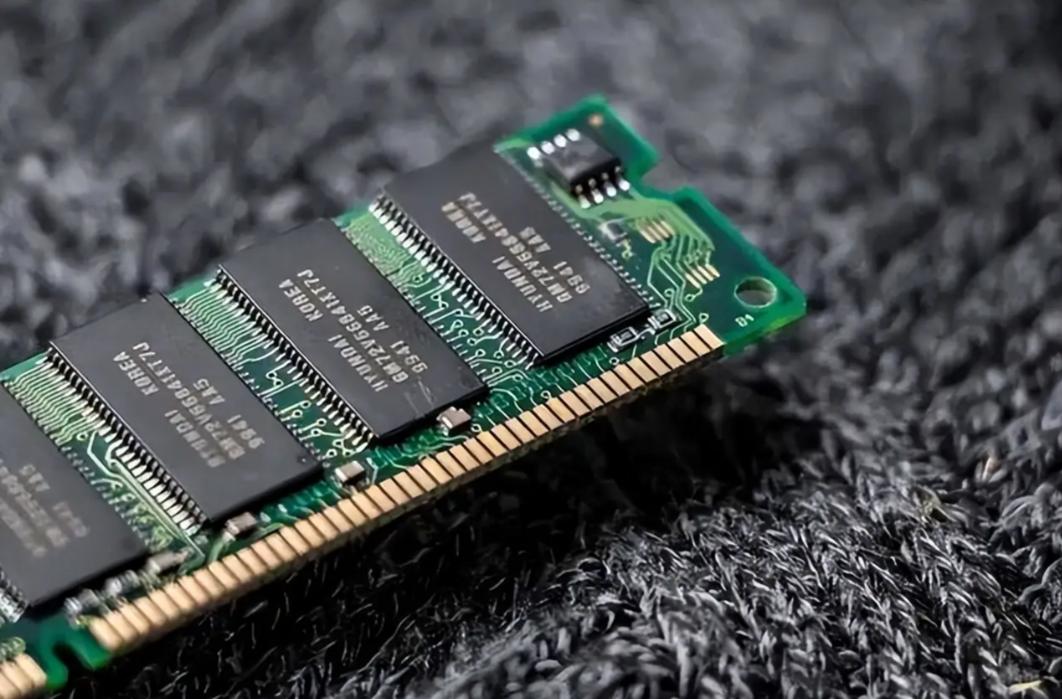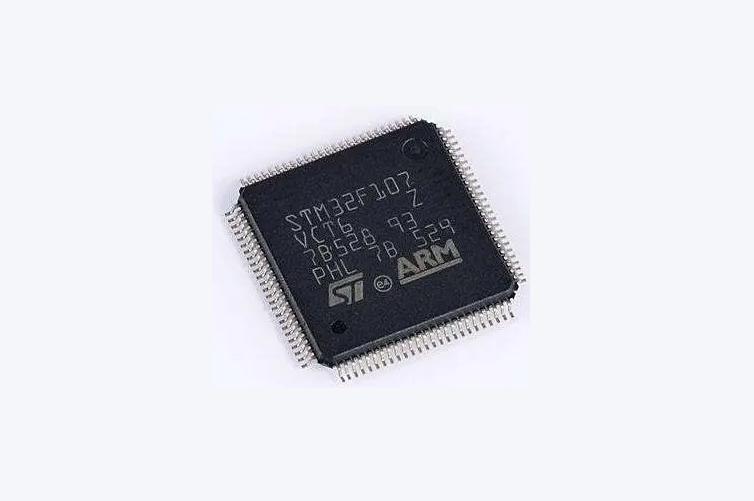Hello! now About Us
Market Demand Analysis of Pressure Sensor MPX2300DT1
4/14/2025 2:08:12 AM
I. Market Demand: Dual Drivers of Healthcare and Industrial Upgrading
1. Healthcare Sector: Growth Spurred by Disposable Sensors and Remote Monitoring
With the proliferation of minimally invasive surgeries, wearable devices, and remote healthcare, the demand for high-precision, low-cost, disposable pressure sensors in the medical field has surged. The MPX2300DT1, certified for USP Class VI biocompatibility and equipped with integrated temperature compensation, is particularly suitable for invasive monitoring scenarios such as blood pressure catheters and portable glucometers. According to market research institutions, the global medical sensor market is expected to grow at an annual rate of 8.5%, reaching a scale of $12 billion by 2025, with disposable pressure sensors accounting for an estimated 35%.
2. Industrial IoT: Demand for High Reliability in Harsh Environments
In the industrial sector, the MPX2300DT1's IP68 protection rating, corrosion-resistant packaging, and wide temperature operating range (-25°C to 85°C) make it suitable for extreme environments such as oil drilling platforms and chemical reactors. As Industry 4.0 advances, the requirement for real-time sensor data in predictive maintenance increases. The MPX2300DT1's support for dual Modbus/RS485 communication protocols allows seamless integration into industrial IoT systems. It is projected that by 2025, the global industrial pressure sensor market will exceed $6 billion, with smart sensors accounting for over 40%.
II. Competitive Landscape: Medical Certifications and Localization Advantages Stand Out
1. International Market: Intense Competition in High-End Segments
In the high-end medical sensor market, the MPX2300DT1's main competitors include Honeywell's ST 3000 series (high-precision industrial-grade) and TE Connectivity's MS5803 (low-power MEMS sensor). The former dominates the industrial core equipment market with its ±0.25% accuracy advantage, while the latter excels in the consumer electronics sector with its low-power features. However, the MPX2300DT1's medical-grade certifications and cost advantages (unit price around ¥30) make it more competitive in disposable medical devices.
2. Domestic Market: Accelerated Localization
As the world's largest pressure sensor market, China has seen significant growth in low-end markets by local enterprises (e.g., Kunlun Coast, MEMSensing), but high-end medical and industrial sensors still rely on imports. The MPX2300DT1, available through domestic distributors (e.g., Ruidan Mall) with spot supply, is rapidly replacing imported products, supported by policies such as the "Strong Foundation Project" promoting sensor localization. It is expected that the localization rate of China's medical pressure sensor market will increase from 30% to 55% over the next five years.
III. Technological Trends: Simultaneous Advancements in Precision, Intelligence, and Integration
1. Directions of Technological Upgrades
Precision Improvement: The industrial sector's requirement for sensor precision is evolving from ±1.5% to ±0.5%. The MPX2300DT1 needs to maintain competitiveness through algorithmic optimization or material upgrades (e.g., adopting single-crystal silicon piezoresistive chips).
Intelligence Transformation: Integrating edge computing functions (e.g., abnormal pressure warning algorithms) to achieve the leap from "data acquisition" to "decision support."
Packaging Innovation: Developing ultra-thin packaging (thickness <1mm) or flexible sensors for wearable devices.
2. Supply Chain Challenges and Responses
Global chip shortages and trade barriers have impacted the MPX2300DT1's supply cycle. NXP has alleviated pressure through localized supply chains (e.g., warehouses in Shanghai and Shenzhen), but a dual-source supply mechanism is needed in the long term.
IV. Future Opportunities: Emerging Scenarios and Ecosystem Collaboration Expand Possibilities
1. Emerging Application Scenarios
Ingestible Sensors: Collaborating with companies like Proteus Digital Health to develop ingestible sensors for medication adherence monitoring.
AI Health Devices: Integrating into smart mattresses (sleep apnea monitoring) or rehabilitation robots (joint pressure feedback), combined with AI algorithms to provide personalized health solutions.
2. Ecosystem Collaboration Strategies
Partnering with local enterprises (e.g., Huawei, Haier) to embed the MPX2300DT1 into their industrial IoT platforms, offering comprehensive solutions of "sensors + data analysis." For example, in new energy vehicle battery packs, optimizing thermal management systems through pressure monitoring to enhance battery life.
Conclusion: Dual-Track Layout in Healthcare and Industrial Sectors, Localization Empowers Long-Term Growth
With the support of medical-grade certifications, industrial-grade reliability, and localized supply chains, the MPX2300DT1 is becoming a strong competitor in the high-end pressure sensor market. In the future, as emerging scenarios such as medical wearables and industrial predictive maintenance expand, its demand will continue to grow. However, facing the impact of MEMS sensors in the consumer electronics sector and competition from international giants, the MPX2300DT1 needs to consolidate its advantages through technological iteration (e.g., integrating AI algorithms) and ecosystem collaboration to secure a position in the billion-dollar market.
Fudong Communication (Shenzhen) Group Co., Ltd., established in 2004, is a specialized global first tier semiconductor agent/distributor.
Fudong Mall is an online e-commerce platform belonging to Fudong Communication (Shenzhen) Group Co., Ltd. Fudong collaborates with global electronic component distributors and Chinese spot inventory suppliers.









